"Among others came Robert, Earl of Gloucester, son of King Henry, but a bastard, a man of proved talent and admirable wisdom. When he was advised, as the story went, to claim the throne on his father's death, deterred by sounder advice he by no means asserted, saying it was fairer to yield it to his sister's son than presumptuously to arrogate it to himself."
|
On the 31st October 1147 occurred death of Robert, Earl of Gloucester the illegitimate son of Henry I and a chief supporter of his half-sister Matilda during the Anarchy. Robert of Gloucester was a proposed candidate for the throne of England. In the Gesta Stephani it is written: "Among others came Robert, Earl of Gloucester, son of King Henry, but a bastard, a man of proved talent and admirable wisdom. When he was advised, as the story went, to claim the throne on his father's death, deterred by sounder advice he by no means asserted, saying it was fairer to yield it to his sister's son than presumptuously to arrogate it to himself." But because of his illegitimacy, he was ruled out, however, in 1139 Matilda was heading for England to enforce her right to the throne of England. On the death of her father Matilda was in Anjou with her husband, but on hearing that Stephen had usurped the throne she left there for Normandy. She, along with Gloucester, set out for England. On the 2nd February 1141 Ranulf, Earl of Chester seized control of Lincoln Castle and fortified it against attack, the people of Lincoln appealed to the King for help. Stephen responded, riding to Lincoln at the head of his army, it is said that he placed his bowmen and siege machines on the west front of Lincoln Cathedral, which faces the castle across Castle Hill, but soon after the arrival of Stephen, Gloucester came to Matilda’s aid. The inhabitants of the city joined Stephen's forces against Gloucester's army, but the royal army was overwhelmed. The city itself suffered for its support of King Stephen many of its inhabitants killed by the victorious army under Gloucester. Eventually, the King was taken prisoner imprisoned at Bristol. Six months later the tables were turned and Gloucester was himself captured on a bridge in the Hampshire village of Stockbridge following a rout at Winchester and imprisoned. Matilda later escaped from her guards at Devizes by disguising herself as a corpse and being carried out for burial. Robert of Gloucester died five years later at Bristol Castle, the very castle in which the king was held. He was buried in the St James' Priory, Bristol, which he had founded. A year later, following Gloucester's death, Matilda and her son Henry, the future Henry II returned to Normandy.
0 Comments
Born on the 7th February in 1102, Matilda was the eldest child of Henry I and Matilda of Scotland, the death of her younger brother William Adelin, on the 25th November 1120 caused a succession crisis, known to us today as The Anarchy. King Henry I’s only son and heir had perished when the ship in which he was travelling sank in the English Channel. Following this tragedy, Henry made his daughter Matilda his heir when she married Geoffrey Plantagenet, Count of Anjou. In support of Matilda, Henry made the leading barons of the realm, including his nephew Stephen of Blois, swear an oath to accept Matilda as his rightful heir, these oaths were taken in 1127, 1128 and 1131. The Kings decision was not popular for two reasons, firstly, Matilda was a woman and secondly, Anjou was the sworn enemy of the Normandy. When Henry I died in 1135 disregarding the oaths previously taken, Stephen travelled from Boulogne to England’s capital and was crowned king, in justification of this Stephen stated that Henry, on his deathbed, had had a change of heart and named him as his successor, the fact that he was not present at his uncle's demise did not deter him. To support his claim Stephen called one Hugh Bigod, who stated that he was witness to Henry’s change of mind, not surprisingly Stephen did not summon those men who actually attended the king on his death, an archbishop, a bishop and four earls. Ulger, Bishop of Angers who supported Geoffrey Plantagenet and subsequently Matilda too, was highly suspicious and later put it to another who also claimed to be at the king's death. ‘As for your statement that the King changed his mind, it is proved false by those who were present at the Kings death, neither you nor Hugh could possibly know his last request, because neither of you were there” R. H. C. Davis in his book ‘King Stephen’ suggests that Bigod and others were present when the King was dying but not present at his death and therefore not witness to a 'last minute change of heart' as they had left to inform Stephen of the news. At this time Matilda was in Anjou with her husband, on hearing that Stephen had usurped the throne she left there for Normandy and in 1139 she set out, with her half-brother, Robert of Gloucester, for England. Henry I making Matilda his heir in 1120, proved to be nothing but trouble, a woman ruler was unprecedented and also her marriage, as previously stated, was unpopular. Following the Battle of Lincoln in 1141, Stephen was captured and imprisoned and Matilda made her play for the crown, but her advantage lasted only a few months, she marched on London under the title of Lady of the English and the city was ready with their support. However, she refused the people’s request to have their taxes halved and on arrival in London she found the gates shut, the civil war reignited on 24 June 1141. Helen Castor writes "Matilda did not ‘fit’ the crown she claimed" and she was seen by chroniclers as having "intolerable pride and wilfulness”, By November, Stephen was free, having been exchanged for the captured Robert of Gloucester. A year after Stephen regained his throne the tables were turned and Matilda was captured, she eventually escaped from her guards at Devizes by disguising herself as a corpse and being carried out for burial. The year 1142 saw Matilda based at Oxford Castle but by Christmas, it was surrounded by Stephen's men, it was at this time that Matilda made her most famous daring escape. She is said to have lowered herself down the castle wall in the dead of night, dressed only in white as camouflage against the snow. Matilda then crossed an icy river, past the royal army to safety. This is a lovely story, but its highly unlikely that Matilda would have left the castle out of the highest window, it is more than likely that she used was is known as a Postern Gate, a door that is hidden from view which allows people to come and go without being seen. Stephen later recognised Matilda's son Henry as his heir, following this Matilda spent the rest of her life in Normandy where she died on the 10th September 1167.
Part of the epitaph on Matilda's tomb at Bec Abbey in France, reads "Great by birth, greater by marriage, greatest in her offspring: here lies Matilda, the daughter, wife, and mother of Henry", Matilda's tomb was damaged by fire ninety-six years after her death, and twice in the following decades her remains were disturbed and lost, eventually they were found and she was finally laid to rest in 1846 in Rouen Cathedral. The Mohun Family of Dunster |
Archives
February 2024
Categories
All
After ten years in the workplace I became a mother to three very beautiful daughters, I was fortunate enough to have been able to stay at home and spend my time with them as they grew into the young women they are now. I am still in the position of being able to be at home and pursue all the interests I have previously mentioned. We live in a beautiful Victorian spa town with wooded walks for the dog, lovely shops and a host of lovely people, what more could I ask for.
All works © Andrea Povey 2014. Please do not reproduce without the expressed written consent of Andrea Povey. |
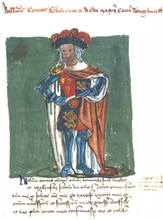
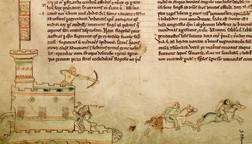
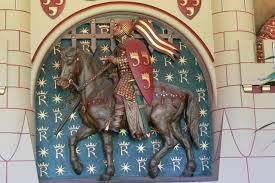
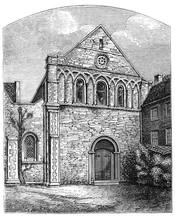
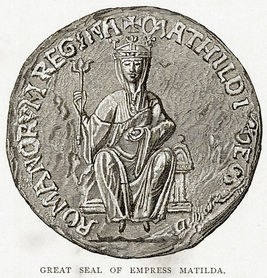
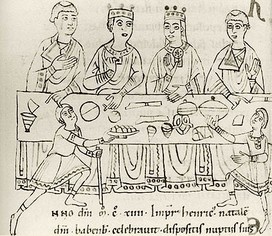
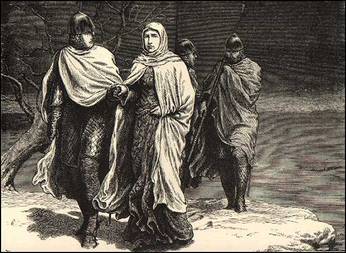
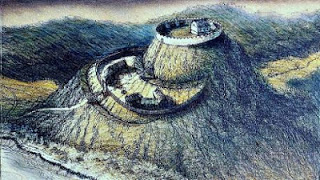
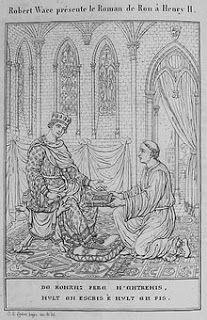
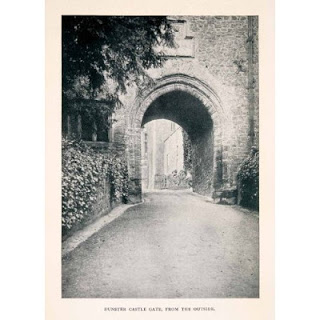
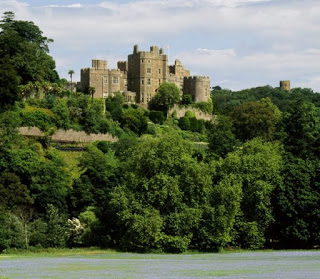

 RSS Feed
RSS Feed
